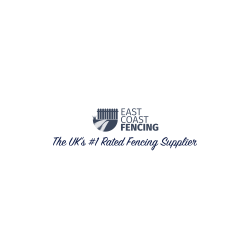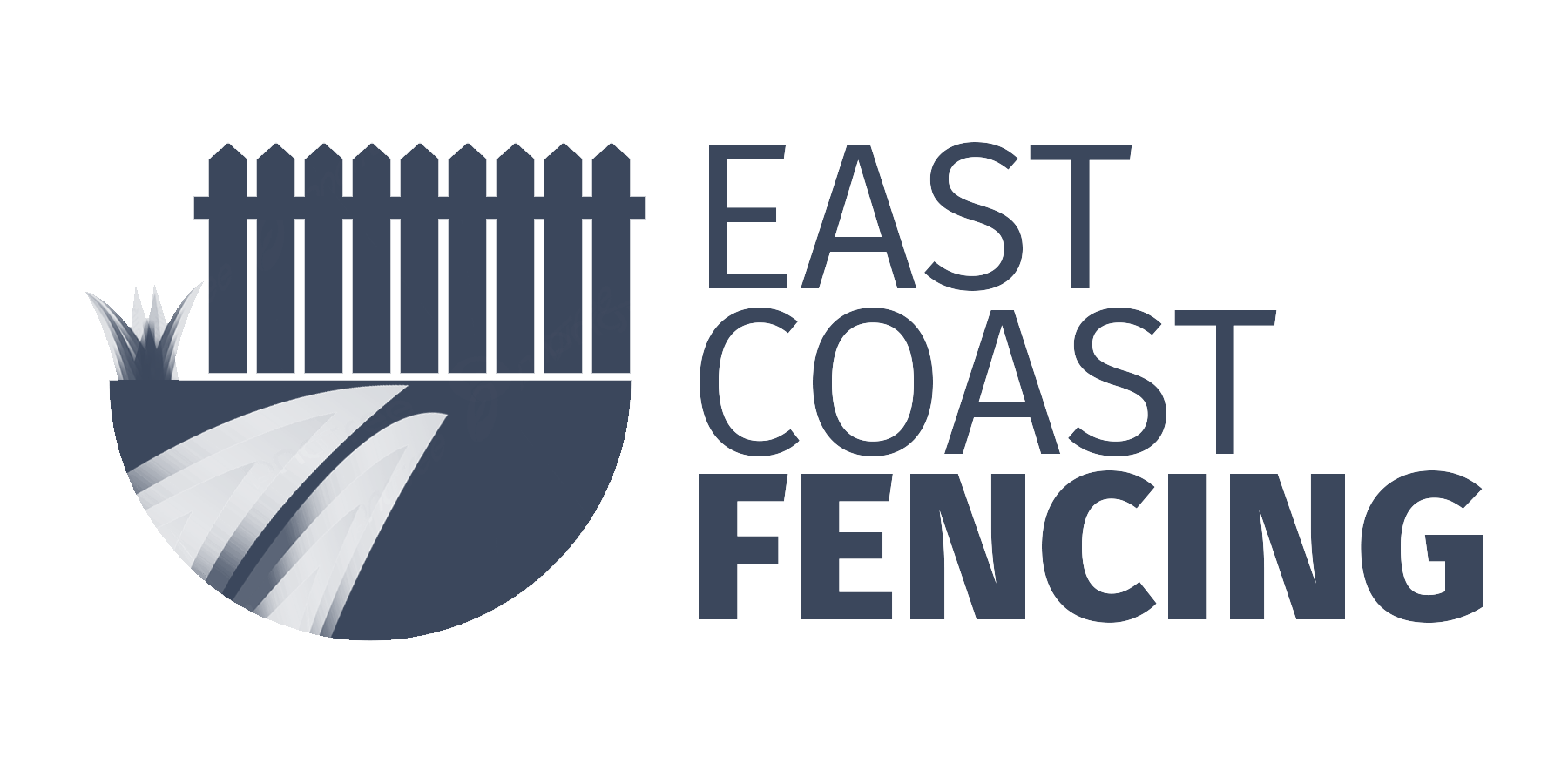5 Things to Consider Before Installing a Garden Fence

Installing a garden fence is not only a practical way to ensure privacy and security around your home but can also enhance the aesthetic appeal of your outdoor space. However, before making any decisions or breaking ground, there are several critical considerations to keep in mind. This blog post will guide you through five essential aspects to contemplate before installing a garden fence, ensuring that you make an informed and satisfying choice.
1. Purpose of the Fence
Understanding the primary purpose of your garden fence is the first step in the decision-making process. Do you need it for privacy, security, or perhaps to keep pets and children safe within your garden? Maybe it's simply to delineate property lines or add to the overall beauty of your outdoor environment. Your purpose will significantly influence the type of fence you choose, including the materials, height, and design.
2. Local Regulations and Permissions
Before you start planning your fence, it's paramount to familiarise yourself with local building codes and regulations. Many areas have specific guidelines on fence height, materials, and even the colour. Some might require you to get a permit before starting construction. Additionally, if you are part of a Homeowner's Association (HOA), ensure you review their rules, as they can be even stricter than the local regulations.
3. Material Choices
The material you choose for your garden fence will impact not just the look but also the durability and maintenance level. Common materials include wood, vinyl, aluminium, and composite. Each comes with its pros and cons. Wood may offer a natural look but requires regular maintenance to prevent rot and decay. Vinyl, while more costly upfront, offers durability with minimal upkeep. Researching and weighing the benefits of each material in relation to your climate and the fence's purpose is crucial.
4. Design and Aesthetics
Your fence should complement the overall design of your home and garden. Consider the architectural style of your home when selecting your fence design to ensure harmony between your house and landscape. The colour, texture, and form should add to your property's curb appeal, not detract from it. Remember, a well-chosen fence can significantly enhance the value and appearance of your property.
5. Professional Installation vs DIY
Depending on the complexity and scale of your fencing project, you'll need to decide whether to hire professionals or undertake the installation yourself. DIY can be more cost-effective and offer a sense of accomplishment, but it requires a good deal of time, proper tools, and a certain level of skill. On the other hand, professional installers can ensure the job is done right the first time, usually much faster, and often with warranties on labour and materials.
Conclusion
A garden fence is a significant investment that affects your home’s privacy, security, and overall look. Taking the time to carefully consider your needs, research local regulations, choose the right materials, and decide on the appropriate design will help ensure that your fence serves its purpose for years to come. Whether you opt to install it yourself or hire a professional, thorough planning is the key to a successful garden fence installation.















Leave a Comment